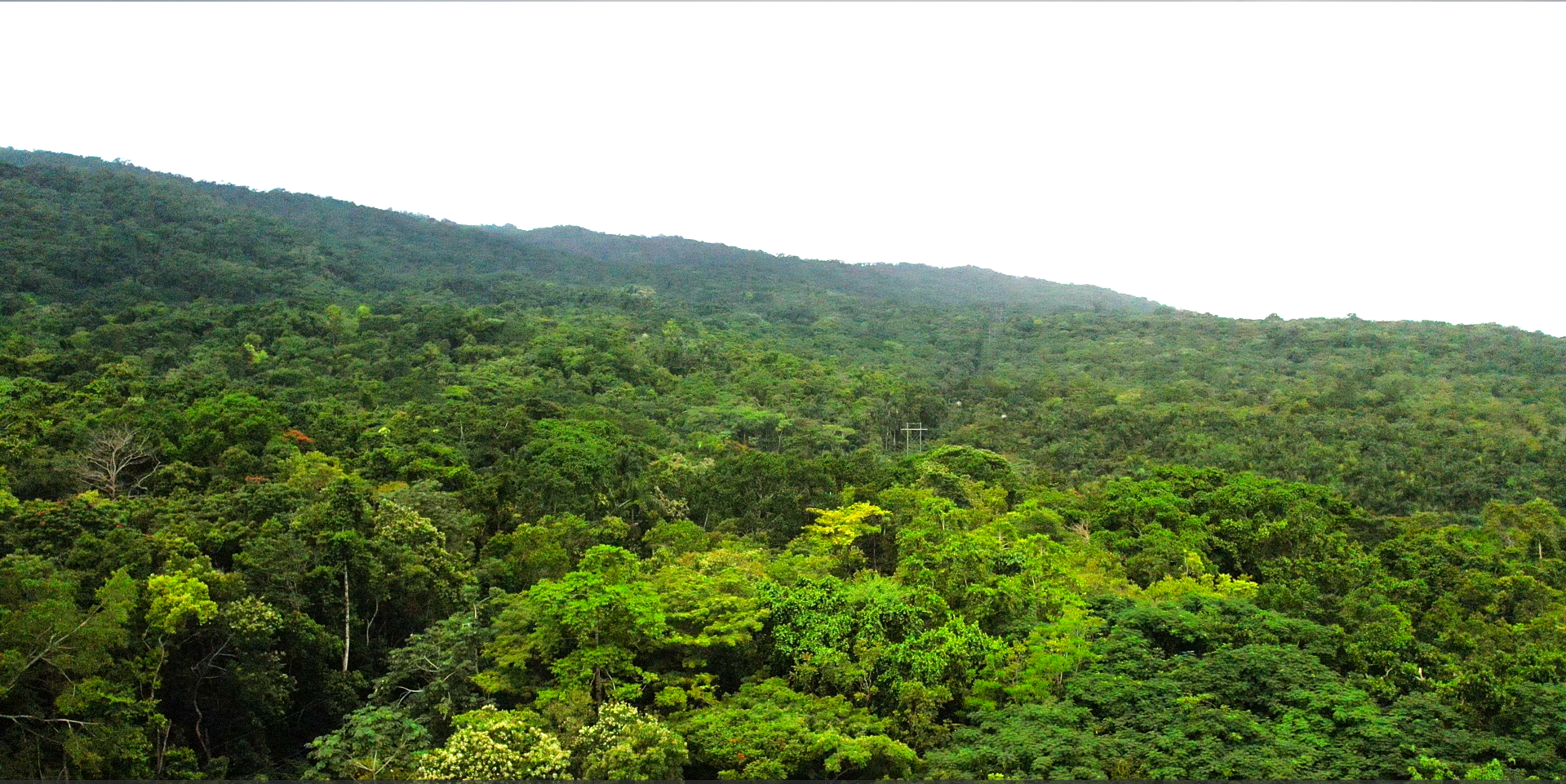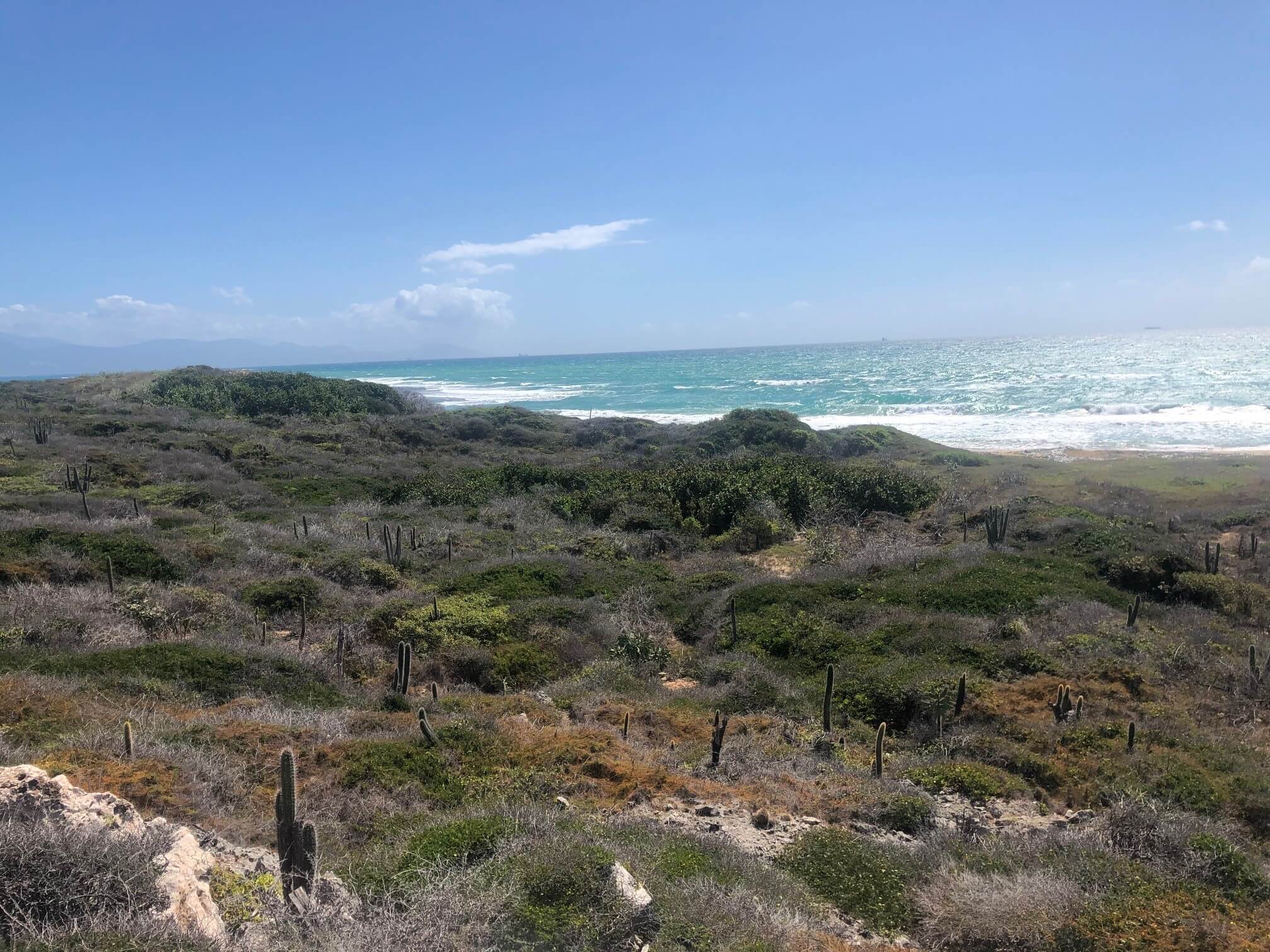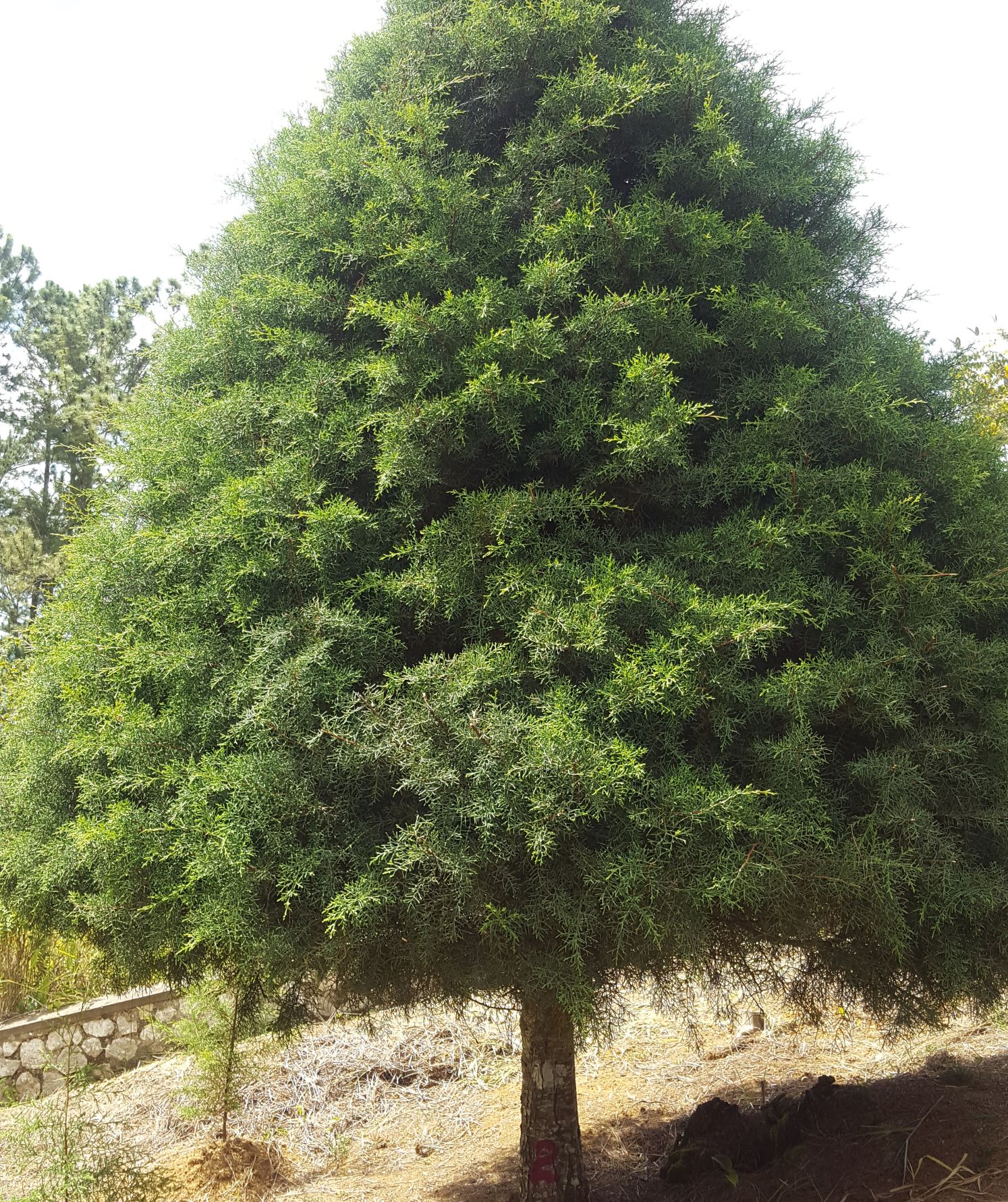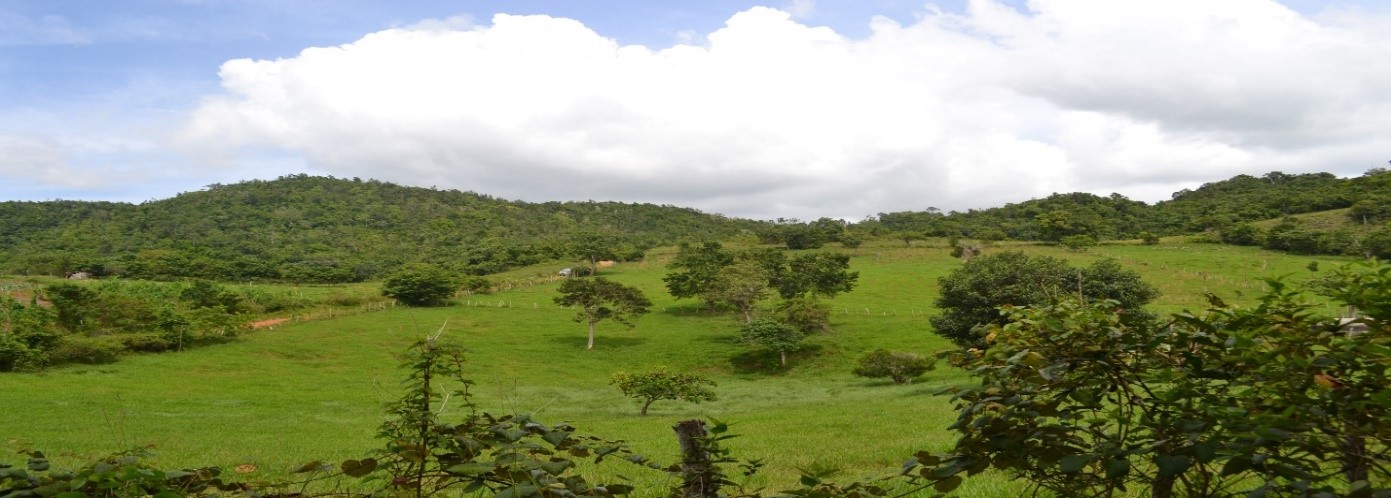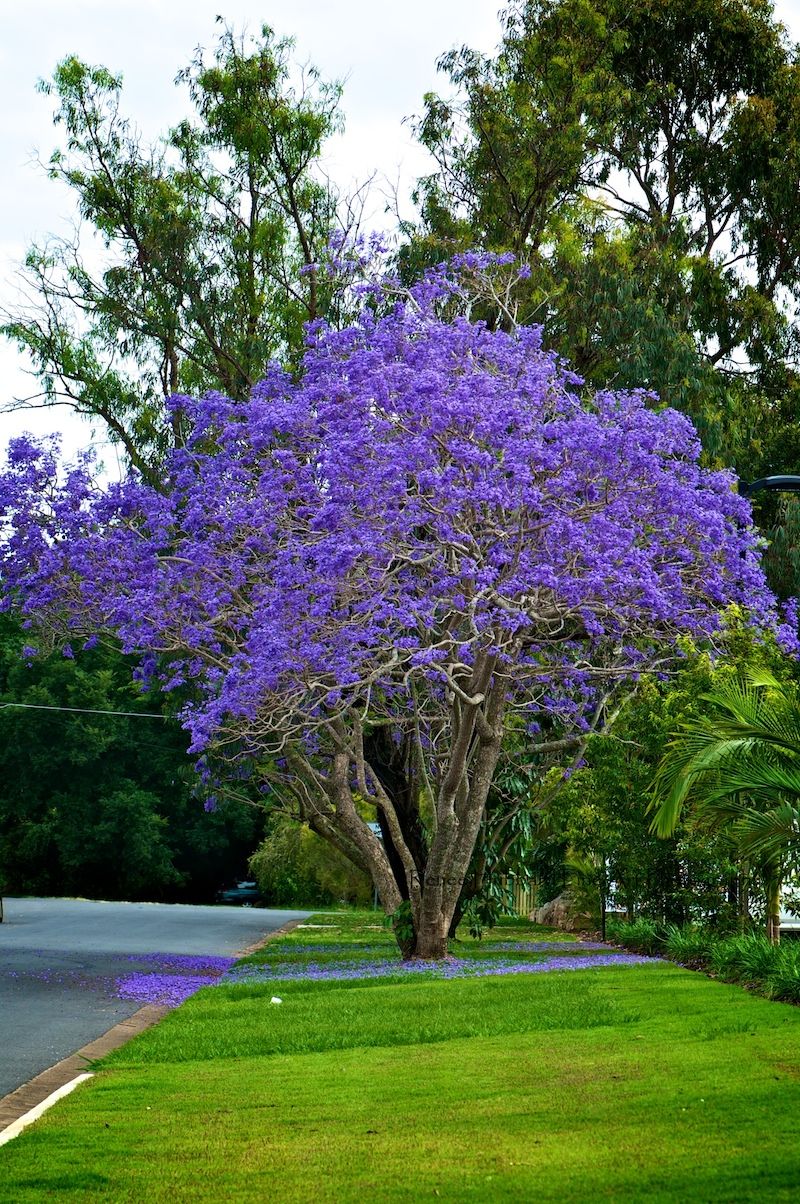Latest Blog
Jamaica has embarked on an ambitious journey to reduce emissions from deforestation and forest degradation through its national REDD+ programme. As the country works towards becoming REDD+ ready, it's crucial to understand the key components and strategies that can lead to success.
The Four Pillars of REDD+
Jamaica's REDD+ programme is built on four essential pillars as defined by the Warsaw Framework:
- National REDD+ Strategy
- National Forest Monitoring System (NFMS)
- Forest Reference Emission Level (FREL)
- Safeguards Information System (SIS)
Let's explore some tools and techniques that can help Jamaica effectively implement these pillars and achieve its REDD+ goals.
National REDD+ Strategy
Jamaica is currently developing its National REDD+ Strategy, which will define policies and programs to reduce emissions from deforestation and forest degradation7. To make this strategy successful, Jamaica could:
- Conduct comprehensive stakeholder engagement, including indigenous peoples, women, and forest-dependent communities7.
- Analyse and reform wider forestry, land tenure, and sustainable development policies.
- Identify direct and indirect drivers of deforestation and develop targeted interventions.
National Forest Monitoring System (NFMS)
An effective NFMS is crucial for measuring and reporting on forest-related activities. Jamaica can enhance its NFMS by:
- Utilising advanced remote sensing technologies and satellite imagery for accurate forest cover mapping.
- Implementing a robust ground-truthing system to verify satellite data.
- Developing a user-friendly data management system for efficient data collection, storage, and analysis.
Forest Reference Emission Level (FREL)
Establishing a credible FREL is essential for measuring progress in reducing emissions. Jamaica can strengthen its FREL by:
- Conducting thorough historical analysis of deforestation and degradation trends.
- Incorporating multiple data sources, including satellite imagery, forest inventories, and socio-economic data.
- Regularly updating the FREL to reflect changing circumstances and improved data availability.
Safeguards Information System (SIS)
A well-designed SIS ensures that REDD+ activities do not harm local communities or biodiversity. Jamaica can enhance its SIS by:
- Developing clear indicators to monitor social and environmental impacts.
- Establishing a transparent grievance redress mechanism.
- Implementing participatory monitoring involving local communities.
Tools for Success
To make its REDD+ programme successful, Jamaica could consider implementing the following tools and techniques:
- Capacity Building: Strengthen institutional capacity at the national level to manage the REDD+ programme effectively.
- Stakeholder Engagement: Develop a comprehensive stakeholder engagement strategy, focusing on local communities and private landowners who control over 70% of Jamaica's forest resources.
- Geospatial Analysis: Utilize advanced geospatial tools to assess land use and land-use change drivers of deforestation and forest degradation5.
- Carbon Accounting: Implement robust carbon accounting methodologies to accurately quantify emissions reductions4.
- Results-Based Payments: Design a fair and transparent system for distributing benefits from carbon credits to incentivize forest conservation2.
- Cross-Sectoral Coordination: Establish mechanisms for effective coordination among different sectors that affect land use, such as agriculture, mining, and tourism.
- Monitoring and Evaluation: Develop a comprehensive M&E framework to track progress and adapt strategies as needed.
By focusing on these tools and techniques, Jamaica can build a strong foundation for its REDD+ programme. The country's efforts to protect its forests not only contribute to global climate change mitigation but also support sustainable development, biodiversity conservation, and improved livelihoods for local communities. As Jamaica continues its REDD+ journey, it's essential to remember that success will require ongoing commitment, adaptive management, and collaboration among all stakeholders. With the right approach, Jamaica's REDD+ programme can serve as a model for other countries in the Caribbean and beyond, demonstrating how forest conservation can go hand in hand with sustainable development and climate resilience.

